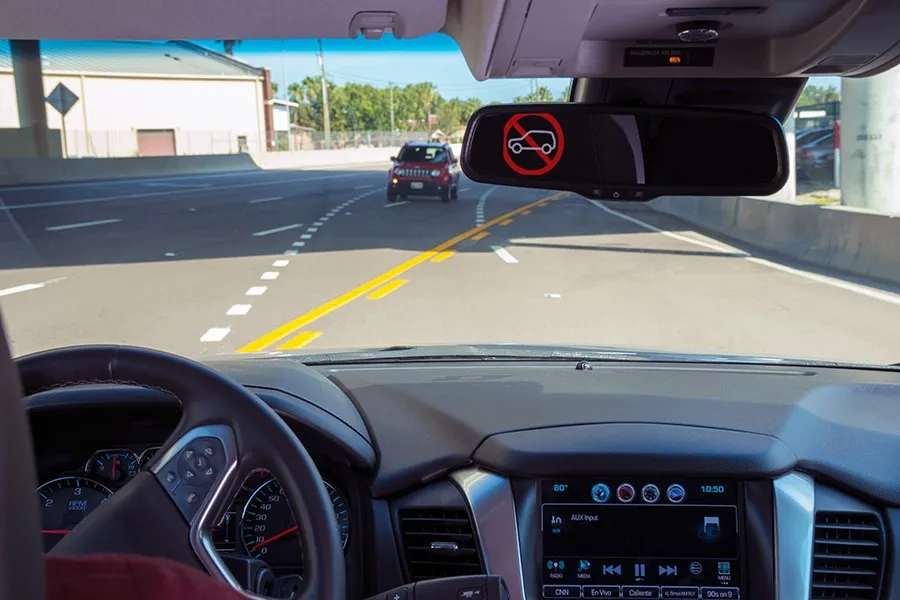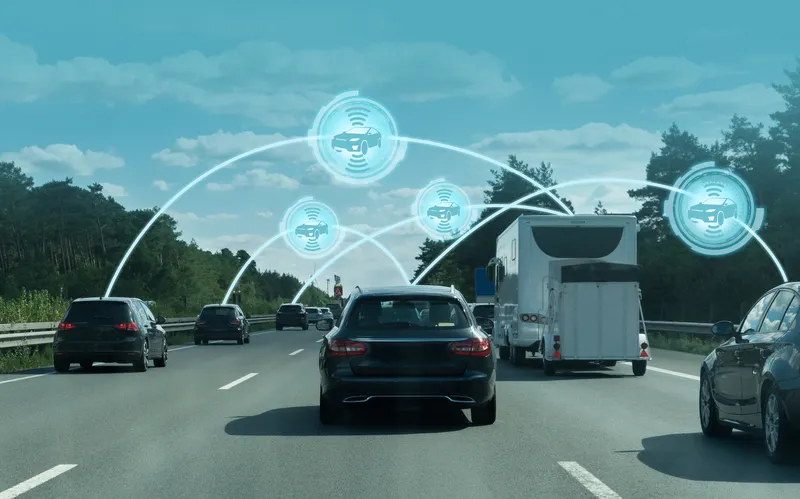
A review of a connected vehicle (CV) pilot in Florida funded by the US Department of Transportation's ITS Joint Program Office has admitted testing and integration were “initially significantly underestimated”.
The ITS Joint Program Office describes connected vehicle technology as “very complex” to implement and deploy, resulting in challenges in migrating the applications from the laboratory and vendor’s local field testing to the Tampa Hillsborough Expressway Authority (THEA) pilot area.
Moving a complex technology with many variables requires more testing in a deployed situation than in the laboratory, the office adds.
For the pilot, THEA deployed 47 roadside units (RSUs) along with its reversible lane in Tampa's central business district. It also deployed more than 1,000 on-board units (OBUs) in personal vehicles, buses and streetcars.
THEA then brought in multiple OBU vendors to demonstrate their hardware and software solutions.
Most of the vendors demonstrated basic Vehicle to Vehicle applications such as forward collision warning, emergency electronic brake light and intersection movement assist while a few vendors demonstrated Vehicle to Infrastructure applications relevant to their products.
Vendors who demonstrated at their own facilities had more success, suggesting they were more controlled than those who tried to demonstrate at THEA in an unknown environment.
Additionally, the lack of OBUs deployed and operating in a real-world environment was a considerable disadvantage to the vendors and the pilot.
The office claims existing OBU applications were not as mature and ready to deploy as previously thought, meaning more effort had to be put into testing these applications.
It is urging other developers to “take heed” that certain applications may be falsely marketed as 'deployment-ready', when in fact still require additional research and development to work effectively.
For the next phase of the project, THEA is collaborating with Honda R&D Americas, Hyundai America Technical Center and Toyota Motor North America to deploy vehicles with connected vehicle technology already installed.
THEA says OEM vehicles will interact with each other but also existing connected vehicle pilot participants.
As part of the collaboration, Denso is to develop a common set of CV apps for the OEMs, enabling the rapid communication between vehicles and surrounding infrastructure.
THEA claims CV pilot applications have proven that information from connected infrastructure can benefit drivers, automakers and road operators as a means to transmit crucial safety information.
Within the past 18 months, the authority insists the pilot has warned 14 wrong-way drivers on interchange ramps, nine potential trolley crashes and has given 1,500-speed advisories a month on freeway exit ramps.
Sue Bai, chief engineer, automobile technology research division at Honda, says: “The Tampa CV Pilot offers another great opportunity to collaborate with government entities and road operators to expand V2X deployment and help bring safety and mobility benefits to our customers and society sooner.”
John Robb, director, electronic systems development at Hyundai Motor, says: “Deployment of prototype onboard units by retrofitting them into participants’ vehicles in Tampa enables us to collect data and understand customers’ experiences of this V2X technology.”
The partners will highlight how OEM vehicles can interact with the pilot vehicles and RSUs at a demonstration likely to take place in the fourth quarter of 2021.









